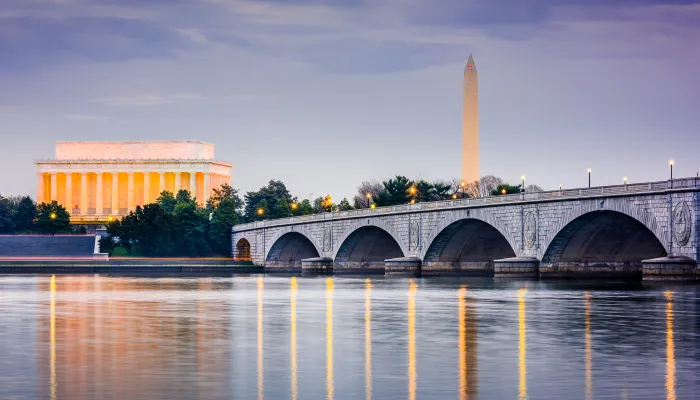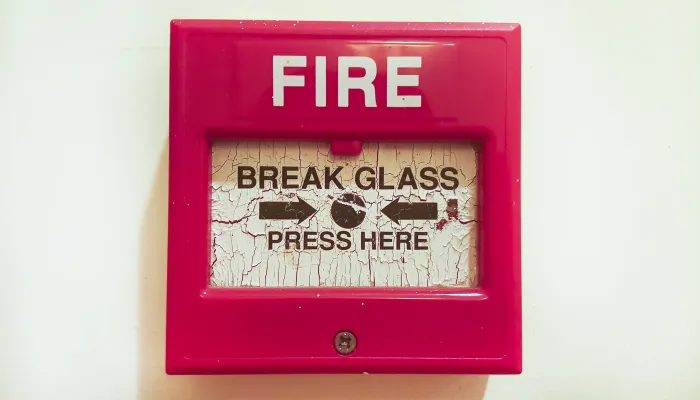CBO Debt Baseline Emphasizes Need to Better Target COVID Relief Bill
For Immediate Release
The Congressional Budget Office (CBO) released its Budget and Economic Outlook for the next decade, estimating that the national debt will reach a new record of 107 percent of GDP by 2031. Absent further legislation, CBO projects deficits will total $2.3 trillion in 2021 and $12.3 trillion over the subsequent decade.
These projections assume no additional borrowing over the next decade, but Congress is currently debating another $1.9 trillion of COVID relief and is poised to borrow even more by extending current policies and enacting new ones. We will be publishing our analysis of CBO's projections later today in our summary blog here.
The following is a statement from Maya MacGuineas, president of the Committee for a Responsible Federal Budget:
We were right to borrow to combat the pandemic and rescue the economy – if there were a moment for borrowing, this is it. But this report is a stark reminder of the long-term fiscal challenges that already existed before we were hit by COVID, and have now grown worse.
The national debt will hit a new record and will grow indefinitely from there. If that doesn’t concern you, you aren’t paying attention.
Too many of our politicians have their heads in the sand. During the Trump Presidency, we added massively to the debt through tax cuts and discretionary spending increases. Now we’re talking about doing the same for infrastructure and tax credits.
These new initiatives merit serious consideration, but they also deserve serious payfors. It’s embarrassing to have to keep saying this (and it should be embarrassing to those who claim it), but neither tax cuts nor new spending programs pay for themselves; it just doesn’t work that way.
Do lower interest rates give us some more fiscal space? Certainly. But we’ve used that space to enact COVID relief. Even with rock-bottom interest rates, CBO projects interest costs are on course to reach their highest share of the economy since the 1990s. Already, interest payments cost the average taxpayer over $2,000 per year.
We understand and share the desire to make vital public investments and address income inequality. But we shouldn’t ask our kids to bear the cost of all this when we are already leaving them a record mountain of debt. We should pass a reasonable COVID relief package, pay for new spending initiatives, and then work together to bring the long-term debt under control.
###
For more information, please contact John Buhl, director of media relations, at buhl@crfb.org.


